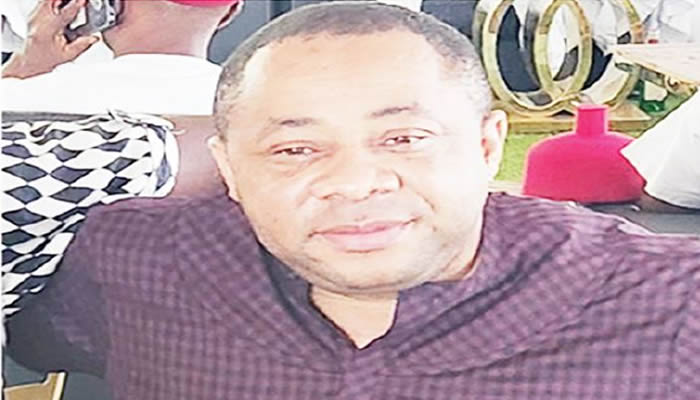Pharmacist Ikeagwuonwu Klinsmann, a policy analyst and member of the All Progressives Congress (APC) in Anambra State, has issued a stark warning to President Bola Tinubu regarding the escalating youth unemployment crisis in Nigeria. He urges the President to declare a national emergency on the issue, characterizing it as a “triple job crisis” encompassing a demographic explosion, a skills mismatch, and a shrinking opportunity landscape. Klinsmann emphasizes that this isn’t merely a political issue but a generational imperative, with the future of Nigeria hanging in the balance. He paints a grim picture of the current situation, citing alarming statistics from the National Bureau of Statistics and the World Bank: over 5 million new job seekers enter the market annually, 87% of graduates lack employable skills, and only 17% of startups survive beyond five years. This dire situation, he argues, is not just an economic crisis; it’s the breeding ground for insecurity, mass migration, social unrest, and long-term economic stagnation.
Klinsmann, CEO of a Swedish-based AI startup, proposes a comprehensive nine-pillar blueprint to tackle this multifaceted challenge. His plan emphasizes practical, actionable solutions grounded in global best practices. Key elements include reviving labor-intensive manufacturing, overhauling technical and vocational education, establishing digital and creative job hubs, and facilitating access to microfinance and SME loans for aspiring entrepreneurs. He also stresses the importance of integrating entrepreneurship into school curricula, providing targeted youth business grants and mentorship, and fostering behavioral training. Crucially, he advocates for the creation of a National Job & Youth Enterprise Council, directly under the Presidency, to ensure coordinated efforts across all relevant sectors.
To further streamline and accelerate job creation, Klinsmann proposes a robust implementation roadmap spanning 60 months. This roadmap prioritizes the establishment of special economic zones and job hubs, followed by a nationwide rollout of enhanced vocational training systems, wage subsidies, and entrepreneurship centers. He emphasizes the need for clear benchmarks and accountability, proposing a monthly presidential jobs performance report to track progress and ensure transparency. His vision includes a “President Tinubu Jobs Accord,” a five-point emergency plan designed to swiftly address the most pressing aspects of the crisis.
Klinsmann suggests innovative financing mechanisms to fund these ambitious initiatives. He proposes a $2 billion diaspora jobs bond, leveraging the resources and expertise of Nigerians abroad. He also recommends reinvesting 30% of the savings from oil subsidy removal into job creation programs, a move that could significantly boost funding for youth employment initiatives. Further, he advocates for a corporate jobs tax credit, incentivizing private sector participation and investment in job creation. These strategies aim to create a sustainable funding stream for long-term job growth.
Beyond financial strategies, Klinsmann calls for a comprehensive national mobilization effort. He envisions a Presidential Youth Jobs Summit to bring together key stakeholders and generate momentum for change. He also proposes the establishment of a National Youth Enterprise Trust Fund to provide a dedicated source of funding for youth-led businesses. Finally, he stresses the importance of forming strategic partnerships with global donors and development organizations to leverage international expertise and resources. He advocates for the immediate formation of a Presidential Jobs Task Force to oversee the implementation of these strategies, demonstrating a sense of urgency and commitment to tackling the crisis head-on.
Klinsmann’s message to President Tinubu is a call to action, urging him to seize this opportunity to transform Nigeria’s demographic challenge into a demographic dividend. He warns that without immediate and decisive intervention, Nigeria risks losing an entire generation to poverty, disillusionment, and emigration. He frames the challenge not merely as an economic crisis but as a defining moment for Nigeria’s future. He calls on the government, the private sector, and the Nigerian diaspora to work together to build an economy where every young Nigerian has the opportunity to create a prosperous future for themselves and contribute to the nation’s development. His vision is one of empowerment, where young Nigerians are not waiting for jobs but are actively building an economy that provides opportunities for all.


